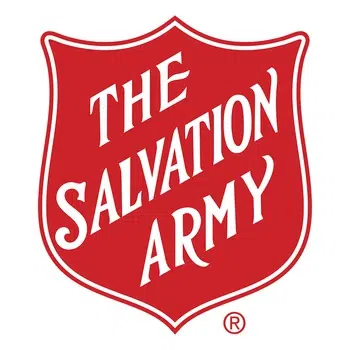HAVANA/WASHINGTON (Reuters) – The Trump administration said on Wednesday it had put Cuba back on the list of countries that do not cooperate fully with its efforts to counter terrorism, in a further escalation of U.S. tensions with the Communist-run country.
The State Department justified the move by Cuba’s refusal of Colombia’s request to extradite leaders of the ELN rebel group after it claimed responsibility for an attack at a Bogota police academy in January 2019 that killed 22.
The leaders of the National Liberation Army (ELN), the largest active guerrilla group in Colombia, traveled to Havana as part of peace negotiations that collapsed last year after the car bomb attack.
Cuba has said it must respect the protocols of the talks it had been hosting, which provide guarantees for guerrilla leaders to return to mountainous or jungle areas of Colombia with security from military attack for an agreed period.
The country has received broad plaudits in the past for hosting the successful peace talks between the Colombian government and the former FARC rebel army.
But the State Department said in a statement that Cuba’s refusal of Colombia’s extradition request “demonstrates that it is not cooperating with U.S. work to support Colombia’s efforts to secure a just and lasting peace, security, and opportunity for its people”.
The department also said that “Cuba harbors several U.S. fugitives from justice wanted on charges of political violence, many of whom have resided in Cuba for decades.”
The State Department did not immediately respond to a Reuters query on whether its move was a preliminary step toward returning Cuba to the list of state sponsors of terrorism (SSOT), a designation that carries tougher penalties.
But there is a strong overlap between both lists, from which the administration of former President Barack Obama removed Cuba following a 2014 breakthrough between the two Cold War foes and ahead of the restoration of diplomatic relations.
Some analysts say President Donald Trump’s administration is slowly meting out tougher sanctions on Cuba and its leftist ally Venezuela in a bid to win over anti-socialist voters ahead of November’s U.S. presidential election.
“We always knew this administration planned to return #Cuba to the SSOT,” tweeted Ricardo Herrero, a director of the Cuba Study Group, a Miami exile organization that supports closer ties with Cuba. “Now starts the slow election-year rollout for maximum theatrical effect. Just for you, Miami.”
The Cuban Foreign Ministry’s general director for U.S. affairs, Carlos Fernandez de Cossio, said on Twitter that Cuba had long been a victim of “terrorist acts committed by the US government or with its complicity.”
Cuba has designated the gun attack on its embassy in Washington two weeks ago, in which no one was hurt, as a terrorist attack.
According to U.S. court documents, the gunman said he was taking medication for a mental disorder, heard voices and was convinced Cuban crime groups affiliated to the Cuban government were after him.
(Reporting by Sarah Marsh in Havana and Matt Spetalnick in Washington; Editing by Peter Cooney)




